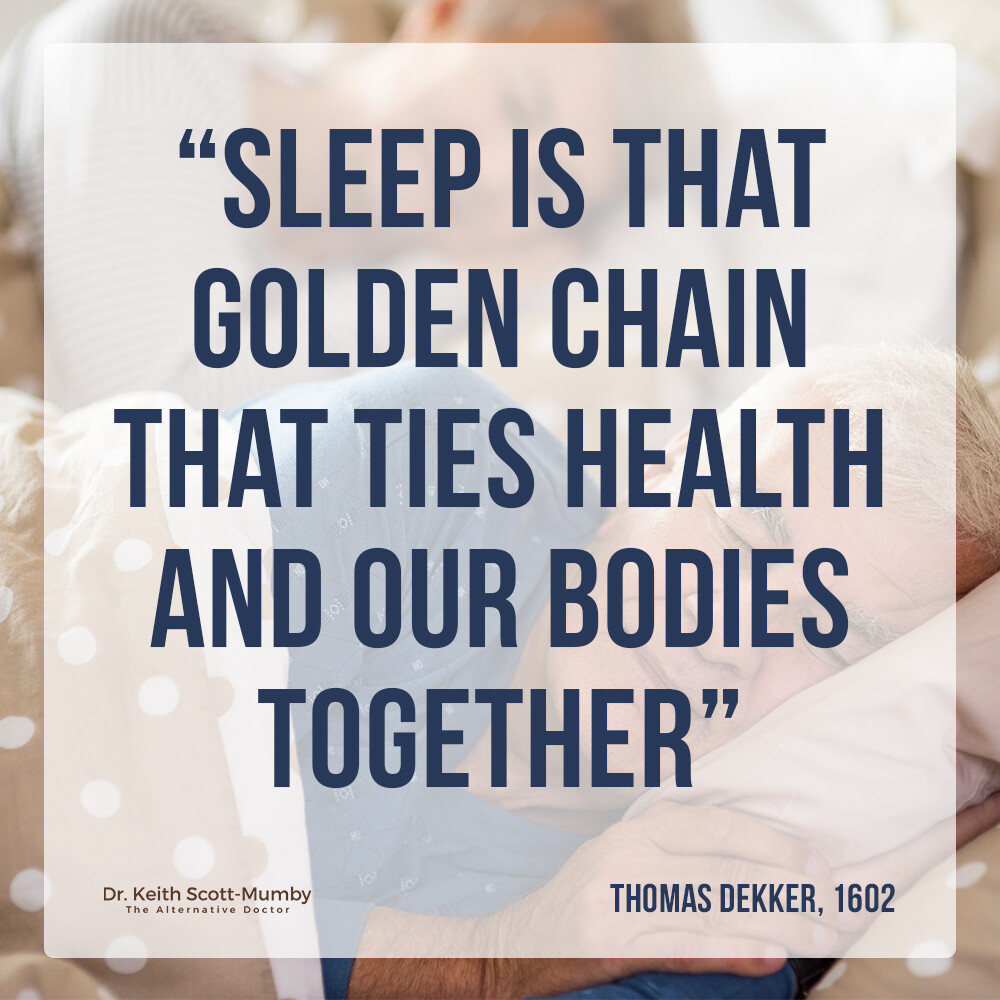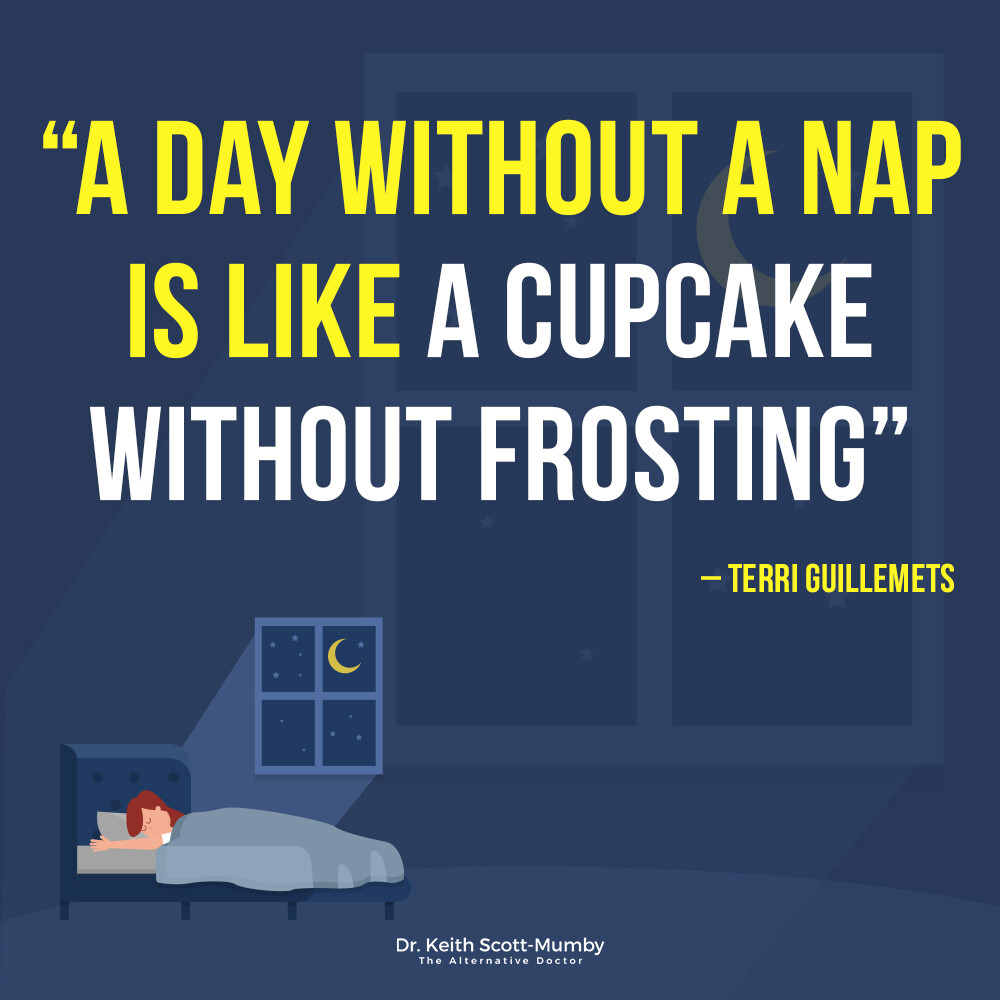There’s a reason sleep deprivation is considered “torture” by the United Nations. Over time, lack of sleep can lead to a breakdown of the nervous system as well as severe physical and psychological damage. Sleep deprivation can turn your brain into mush, reducing its mental capacity and lowering your IQ . Lack of sleep can also cause you to age faster, put on more weight and diminish the quality of your life.
As if that weren’t enough reasons to get a good night’s sleep, studies have shown that getting the right rest can make us kinder, as we tend to be nicer people when we are well-rested — at least.
Getting a good night’s sleep seems elusive in a world of artificial light, long work hours, and technology that we are connected to 24 hours a day.
Make no mistake, lack of sleep kills, it’s stresses you up, shortens your lifespan, and guess what? Did you know that Women are 50% more likely to be sleep-deprived than men!
Consistent sleep deprivation leads to rapid aging, depression, and increases your risk of serious diseases such as diabetes, heart disease, and cancer.
Let’s discuss how these three specific “rhythms” have been wired into your very core before your birth and regulate vital body functions:
- Ultradian rhythms last less than twenty-four hours. Your heartbeat, digestive system, and the functions of your endocrine system – and its release of hormones – are all governed by ultradian rhythms.
- Circadian rhythms are cycles that last approximately twenty-four hours. The most well-known example of this type of rhythm is your sleep cycle.
- Infradian rhythms are those that last for longer than a day. A good example of the infradian rhythm is the female menstrual cycle.
When these basic rhythms are disrupted, your entire body will be thrown into chaos.
The most important thing to remember about sleep is that when you are sleeping, your body is not resting. It is actively working on repairing and regenerating itself in order to keep functioning through the day. If you aren’t allowing it enough rest every night, it will never be able to function at its best for more than a few hours
For instance, workers who pull overnight shifts have a bodyweight that is 15% heavier on average than their co-workers who work during daylight hours. They are also more susceptible to major depression.
You can’t just “get by” on too little sleep. Your body will atrophy and over time increases the risk of a cardiovascular event or stroke.
It is also responsible for a spike in the stress hormone cortisol, which does great damage to your immune system.

What Can You Do When The Deck Is Stacked Against You?
You might make empty promises yourself to get more sleep and yet it never seems to become a reality. I know, I know! Trust me, I’ve just landed in Australia and I’m busier than ever!
Life is hectic and it is important to make restful sleep a priority for you to deal with the demands on your time and energy efficiently.
There’s an old saying…work smarter, not harder.
Sleep enables better concentration, memory, and creates a positive mood immediately.
By getting more sleep in the words of English dramatist Thomas Dekker, “Sleep is that golden chain that ties health and our bodies together.”
It will improve every aspect of your life. You need to change the way you look at sleep, consider getting enough sleep crucial to your health – because it is.
A study conducted at the University of Colorado Boulder found a link between sleep and memory. Participants who were deprived of some shut-eye had difficulty memorizing information as well as recalling it. When enough sleep was obtained, however, memories seemed to “solidify” in their minds.
Getting quality sleep each night will help you have clearer recall
Here are Prof’s 7 Tips for How To Get A Good Night’s Sleep
- Disconnect an hour before bed! Between social media, cell phones, and the ability to record our favorite television shows to watch when we want, you are “attached” to technology around the clock. One hour before bed, enable “do not disturb” on your phone, log out of social media, get away from the computer or television, and if you listen to music, select something calm and soothing, preferably without words. My angels (my team) are fond of this downloadable application called Ambiance, it has a variety of ambient sounds from waterfalls to white noise to help you relax. Meditate before bedtime! A few minutes of deep breathing can help quiet an anxious mind. It stands to reason that if your mind is cluttered with worries and stress, sleep will be harder to achieve.
- What you eat and drink makes a difference! Caffeine, nicotine (tobacco), high-sugar treats, and alcohol “stir up” the body and stimulate inflammatory responses that should be winding down. Also don’t go to bed on a full stomach and don’t starve yourself either it will also distract you from how to get a good night’s sleep. Curb your eating at least two hours before bed and choose water or herbal (caffeine-free) tea to settle the digestive system. Keep a regular routine! The body is like clockwork, it needs to know the schedule and stick to it. If you do this, your sleep improves dramatically.
- Get super cozy! Throughout the day, even if it isn’t noticeable, we shed dead skin cells and sweat. A shower before bed cleans the skin and opens the pores. Choosing soft clothing that fits the way you like, adding socks if you tend to get chilled at night, and laying your head on your favorite pillow are little tricks to make sleep the wonderful experience it should be.
- Sleep in a dark room! The human body, particularly the eyes, adjust to the darkness of night. In fact, sleep is most efficient when your room is completely dark since light inhibits melatonin production and disturbs circadian rhythms. If you must have some light on at night, try to make it as dim as possible so that your body can
- Create a sleep oasis! Your bedroom and your bed should be an oasis – a place you look forward to being in because it makes you feel positive and relaxed. The right color on the walls, the best mattress for you, a good darkness (and temperature) level while sleeping, and minimal noise can be the key to the best sleep you’ve had in years. If you can’t make huge changes, consider taking one project at a time to improve how you feel about your “sleep oasis” – you won’t regret it.
- Keep to a routine! You might love staying up late and sleeping in on the weekends but if you’re having trouble sleeping, you need to keep to the same schedule every day of the week until your body becomes accustomed to getting the sleep it requires. Set an alarm every night to remind you to go to bed. Avoid the snooze button in the morning. Hitting the snooze button disturbs your circadian rhythms. Get up when it’s time for you to actually get up. Give sleep the importance it deserves.
- Get moving during the day! Ten short minutes a day is enough to make a huge difference in the quality of your sleep. Activities such as yoga and tai chi add an element of meditation to your exercise that is incredibly beneficial. When possible, try to take those ten minutes outside in the sunshine. It will boost your production of vitamin D, help you absorb calcium, and improve your mood.
- Settle your mind before slipping between the covers! If you live a stressful or very busy life, the endless “tasks” you handle can distract you from getting rest. Two hours before bed, write a prioritized list for the following day then know you cannot do any of them until you rest. You might even want to take up journaling to express tension and worry you might not even realize you have. As you lie down, take the time to visualize positive things in your life and breathe deeply for several minutes.
You must give yourself “permission” to sleep. You need to know that you aren’t a slacker by accepting your need for sleep and allowing nothing to get in the way of getting it.
The answer is not to boost your body artificially with caffeine, sleeping pills, or insist you can “get by” on very little sleep.
The answer is to take control of your life and get the sleep you need.
It’s very possible if you follow these tips and do what it takes for a few weeks or even months, you will give yourself the gift of an amazing night’s sleep!
The truth is: the only thing you’ll “get” without sleep is a disease.
So why not give yourself the gift that
keeps on giving?
Sleep well.
You need sleep…make sure you get it.
